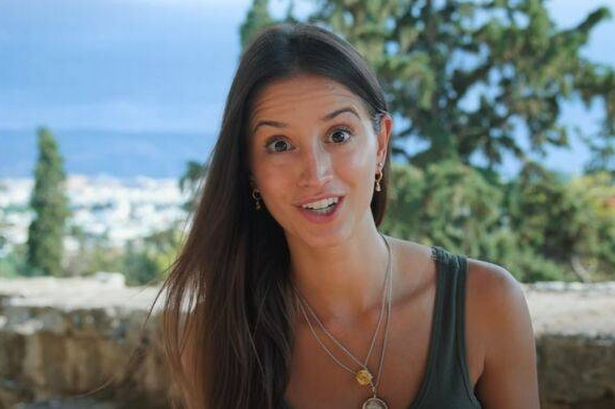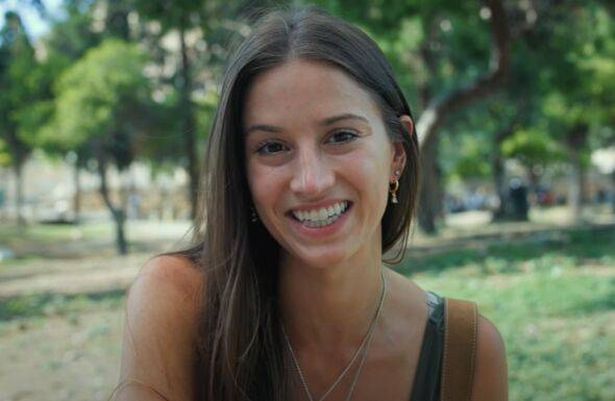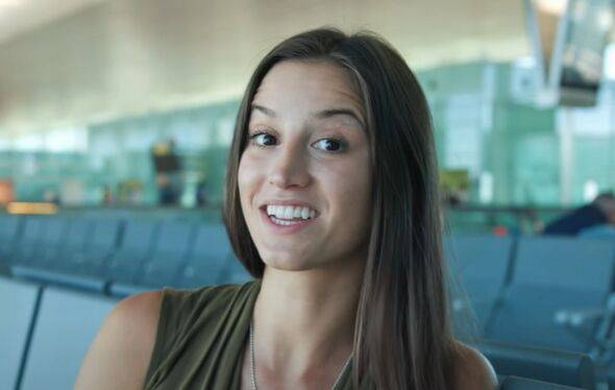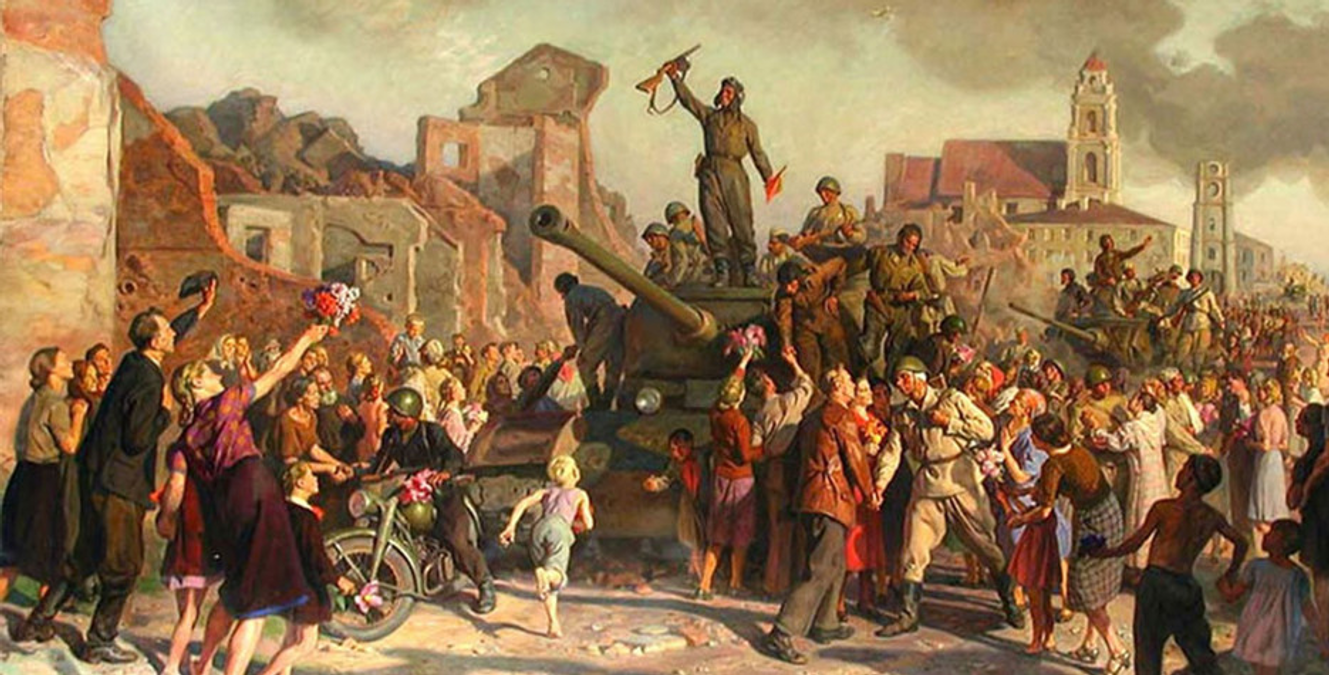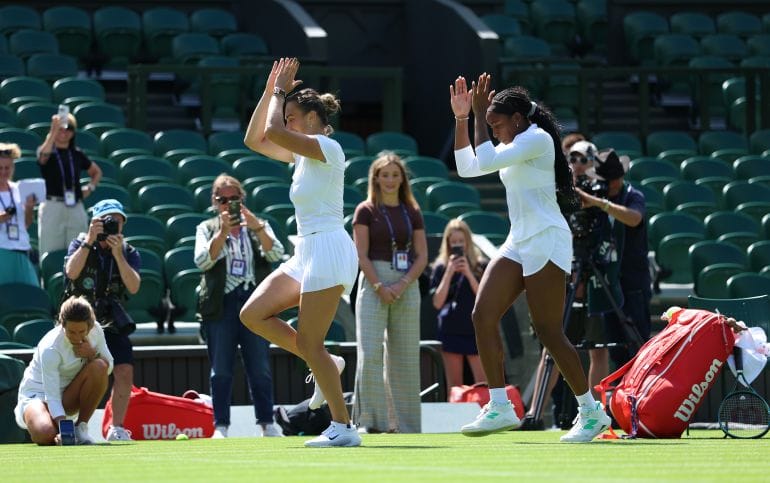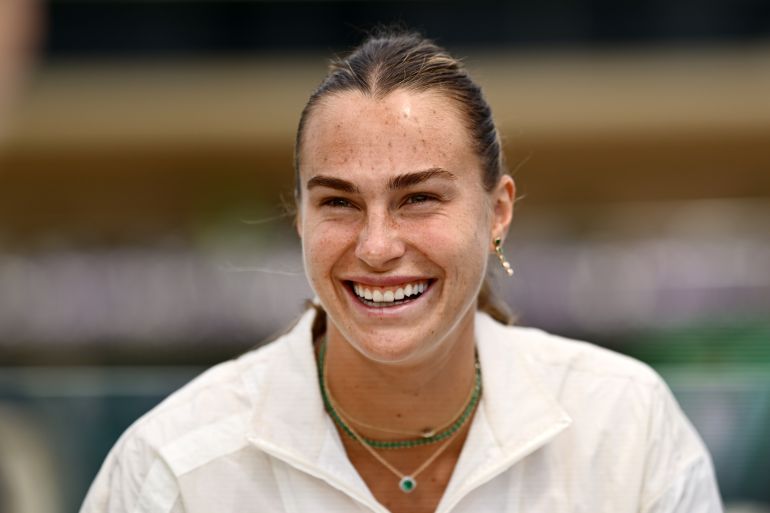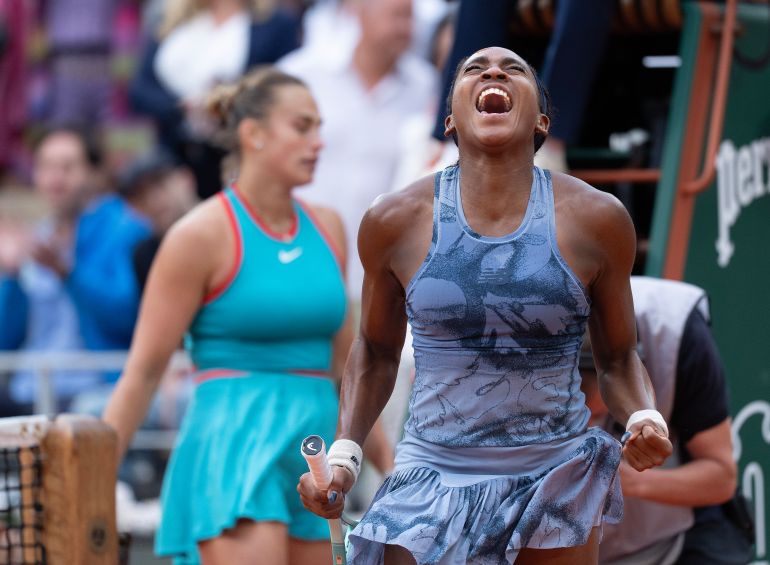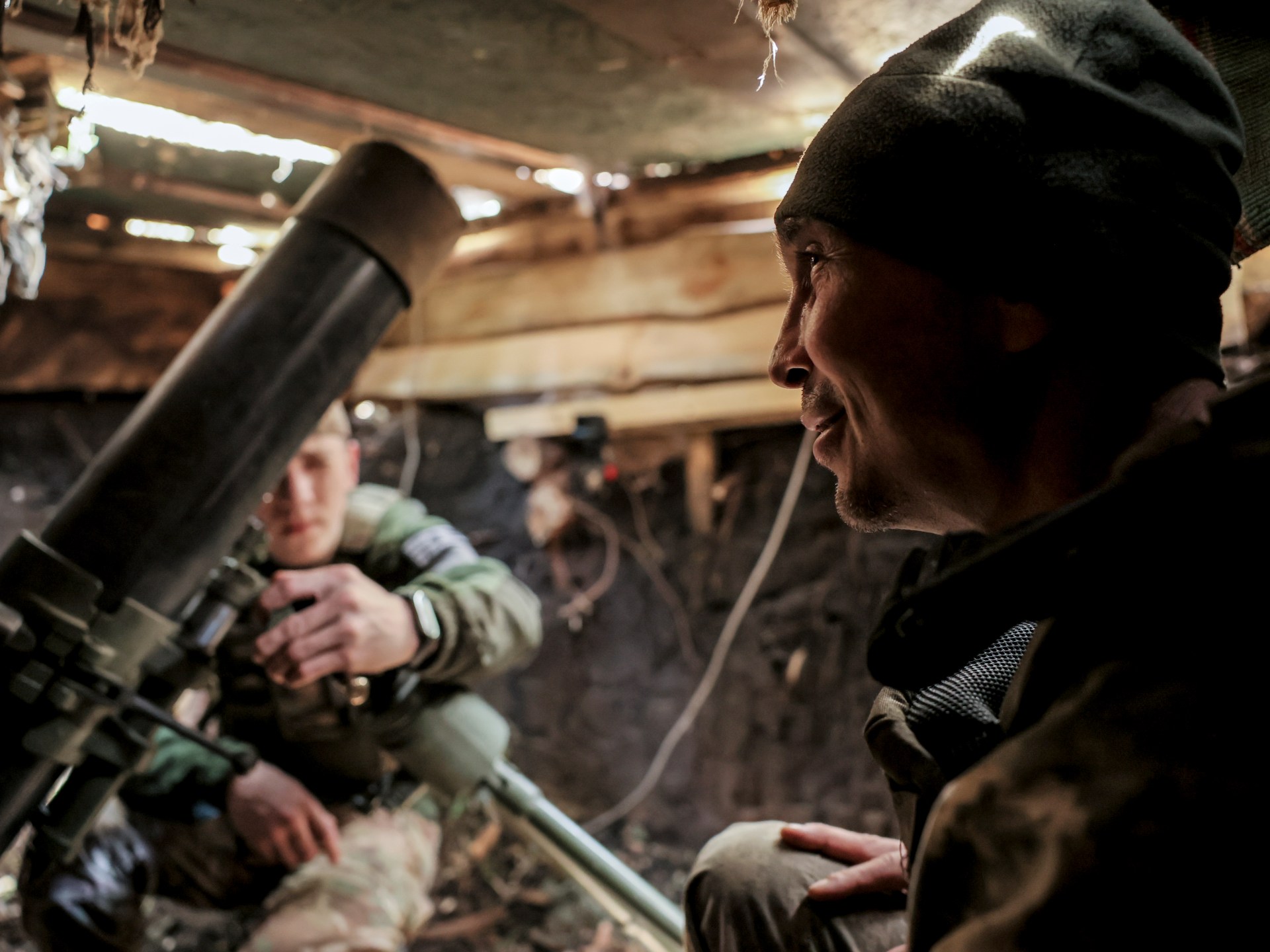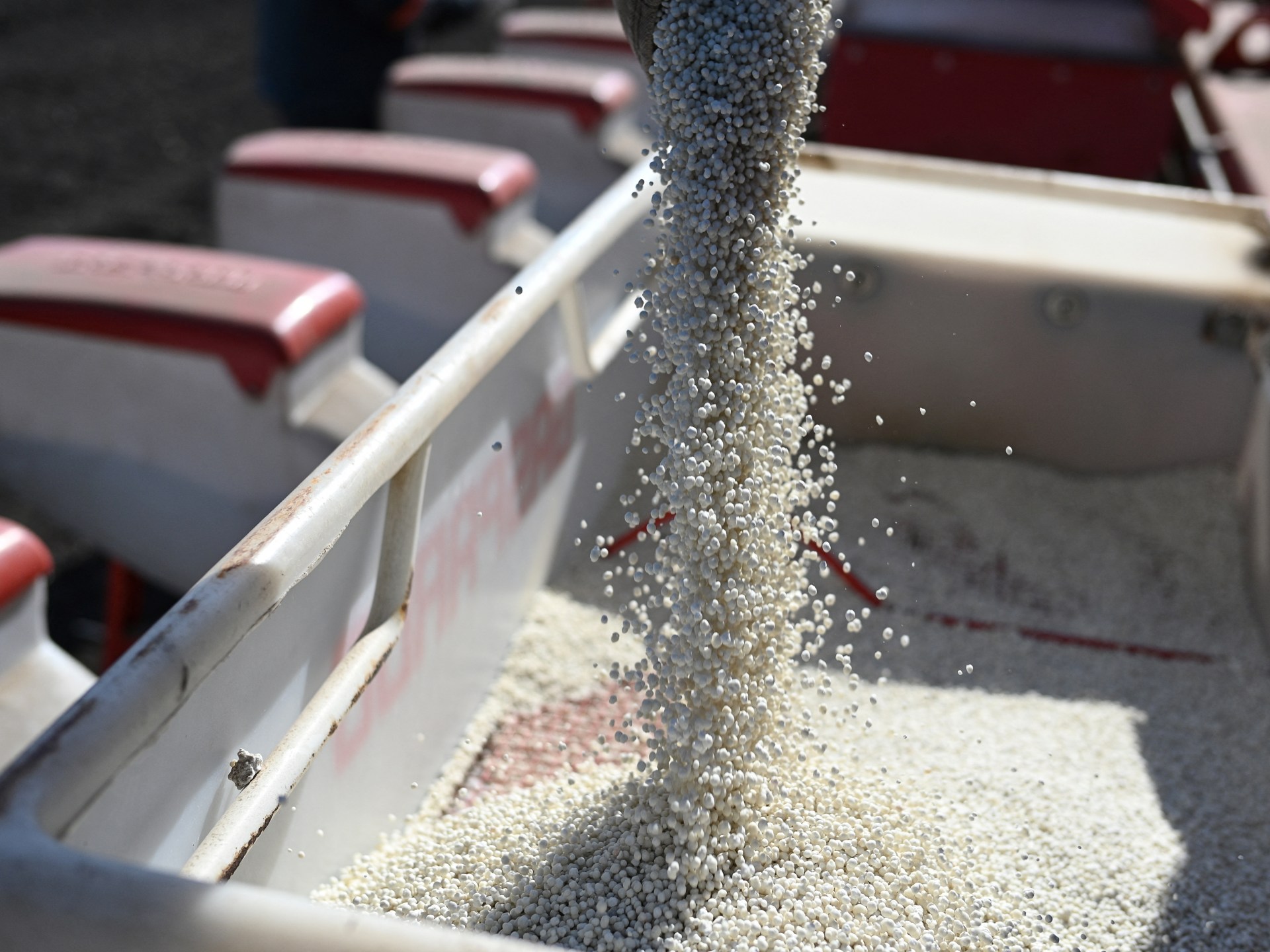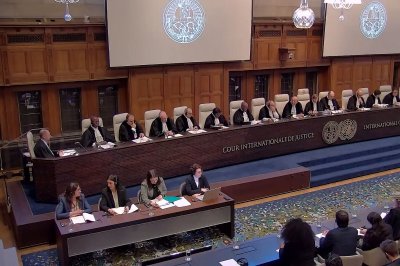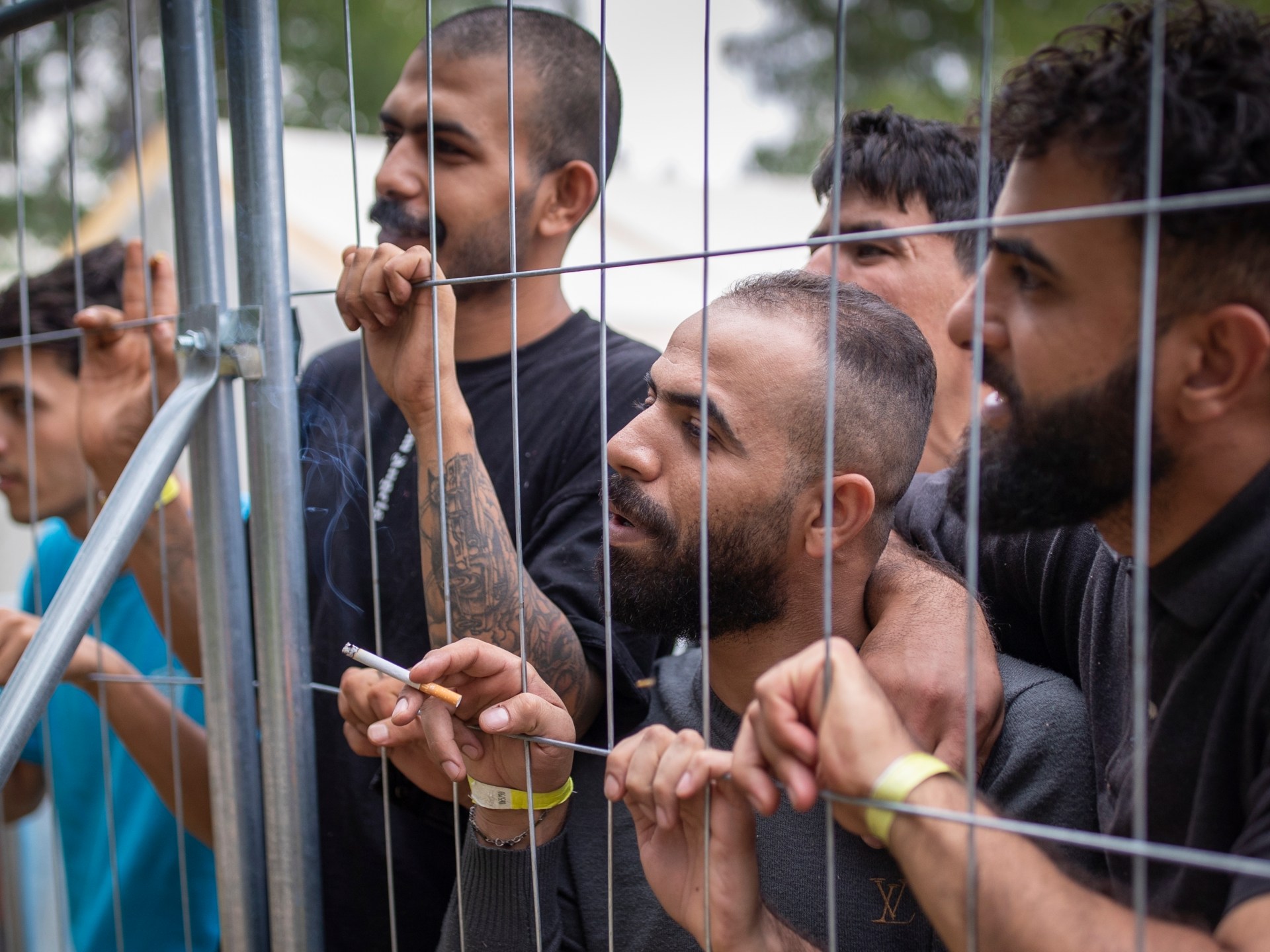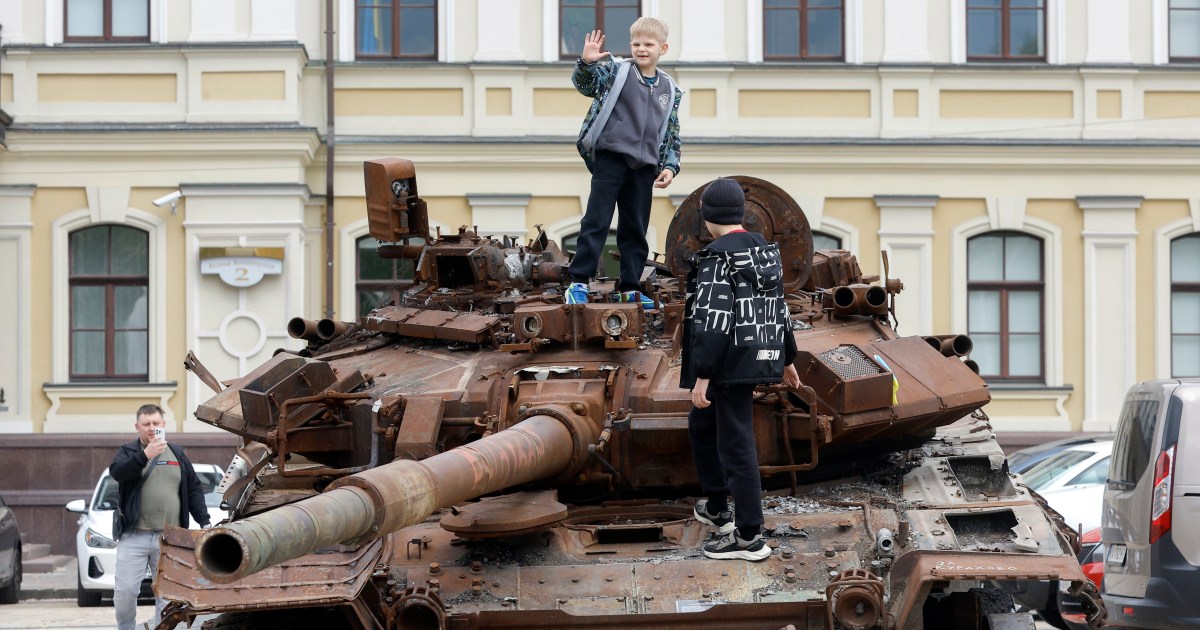Lexie Limitless, a US YouTuber who became the youngest person to visit every nation in the world at the age of 21, has named her four least-favourite European countries
A globe-trotting YouTuber who has visited every country in the world has shared her thoughts on the 44 nations in Europe, saying there are four she would not return to. American Lexie Limitless holds the impressive title of being the youngest person to visit every country in the world at just 21.
In her latest video, ‘I travelled to every country in Europe so you don’t have to’, Lexie reveals some of her favourite “hidden gems” from the continent – including Slovenia, Mostar in Bosnia and Herzegovina and Cesky Krumlov in Czech Republic.
However, she also discusses four nations that didn’t quite hit the mark for her.
Lexie said: “Alright, it’s time to talk about one of my least favourite subjects, and I got to say in advance that travel is so subjective. Places that I’ve been that I didn’t necessarily connect with might not be the same for everyone.
“Everyone’s preferences are different, but I think that the countries that didn’t really leave as much of an impression on me as some of the others in Europe would probably be Belarus, Slovakia, Moldova and Bulgaria.”
She continued: “If I had to name a few specifically, I think it was just that in those countries, in particular, it’s so important to know a good local who’s going to show you around and show you all the best spots.”
Lexie believes travel is “mostly about” the people you meet along the way. As she didn’t know anybody in these countries, she had a “really difficult” time obtaining “unique experiences”.
She added that it’s almost “unfair” to compare smaller nations like Moldova or Bulgaria, to a country like Italy, as they have some “advantages” geographically, noting the “diversity” in their “environment“.
The seasoned traveller also stated that she tries to “avoid” naming specific countries that she may not necessarily recommend and would “absolutely love” to go back if she had “more of a purpose” or reason to be there beyond sightseeing.
Belarus, a former Soviet republic, is a landlocked nation in Eastern Europe that shares its borders with Russia, Ukraine, and Poland, among others. Since 1994, it has been ruled by President Alexander Lukashenko, who has been dubbed “Europe’s last dictator.”
Situated within the heart of the continent, Slovakia borders the Czech Republic, Austria, Hungary, Poland and Ukraine. It was formerly part of Czechoslovakia until the so-called “velvet divorce” in 1993.
Meanwhile, Moldova, another landlocked country and former Soviet republic, is nestled between Ukraine and Romania. The BBC reports that two-thirds of its population share Romanian roots, highlighting their shared heritage.
Bulgaria, situated in the eastern Balkans with a coastline along the Black Sea, is predominantly Slavonic-speaking. Since the fall of Communism, it has been steadily transitioning towards a market economy.
